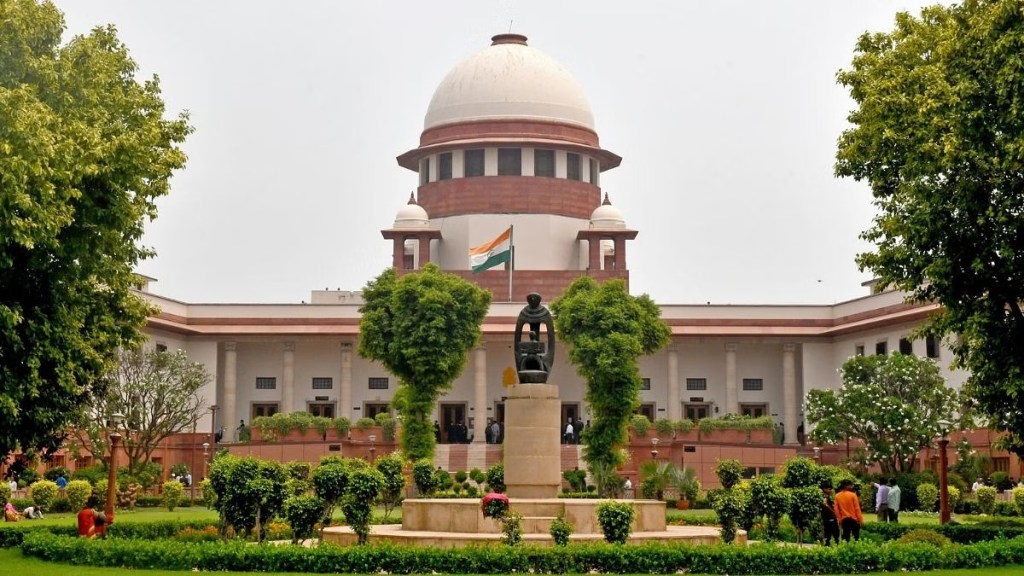The Supreme Court on Thursday upheld the constitutional validity of Section 6A of the Citizenship Act, which grants citizenship to immigrants who entered Assam between January 1, 1966, and March 25, 1971.
A bench of the Supreme Court, headed by Chief Justice of India (CJI) DY Chandrachud, upheld Section 6A by 4:1 majority with Justice JB Pardiwala dissenting. The other justices on the bench were Justices Surya Kant, MM Sundresh and Manoj Misra.
Section 6A of the Citizenship Act was introduced in 1985 to allow refugees from Bangladesh (then East Pakistan), who entered India between 1966-1971, to register as Indian citizens.
While delivering the verdict, CJI Chandrachud said, “The Assam Accord was a political solution to the problem of illegal migration.”
“The court’s decision means that the non-resident Indians who came from Bangladesh between January 1, 1966 and March 25, 1971 are eligible for citizenship. Those who have got citizenship under this will retain their citizenship,” the bench said.
The order came on a petition that contended that the arrival of Bangladeshi refugees had impacted the demographic balance of Assam. It said Section 6A of the Citizenship Act violated the political and cultural rights of the original residents of the state.
What is Section 6A?
Section 6A was inserted into the Citizenship Act as a special provision to deal with the citizenship of people covered under the Assam Accord, PTI reported.
The provision was incorporated following the signing of the Assam Accord between the Rajiv Gandhi government at the Centre and the All Assam Students’ Union (AASU).
It says those who came to Assam on or after January 1, 1966, but before March 25, 1971, from specified territories, including Bangladesh, in accordance with the Citizenship Act amended in 1985, and since then are residents of the northeastern state, must register themselves under Section 18 for acquiring Indian citizenship. As a result, the provision fixes March 25, 1971, as the cut-off date for granting citizenship to migrants, particularly those from Bangladesh, residing in Assam.
The petitioners in the case include the NGO Assam Public Works, the Assam Sanmilita Mahasangha and others who claim that setting a different cut-off date for citizenship in Assam is “discriminatory, arbitrary and illegal”. They also claim that changing demographics in the state will affect the rights of indigenous Assamese people to conserve their culture under Article 29 of the Constitution of India.
Their petition, which was filed in 2012, states that “the application of Section 6A to the State of Assam alone has led to a perceptible change in the demographic pattern of the State and has reduced the people of Assam to a minority in their own State. The same is detrimental to the economic and political well-being of the State and acts as a potent force against the cultural survival, political control and employment opportunities of the people.”
(With inputs from PTI)

